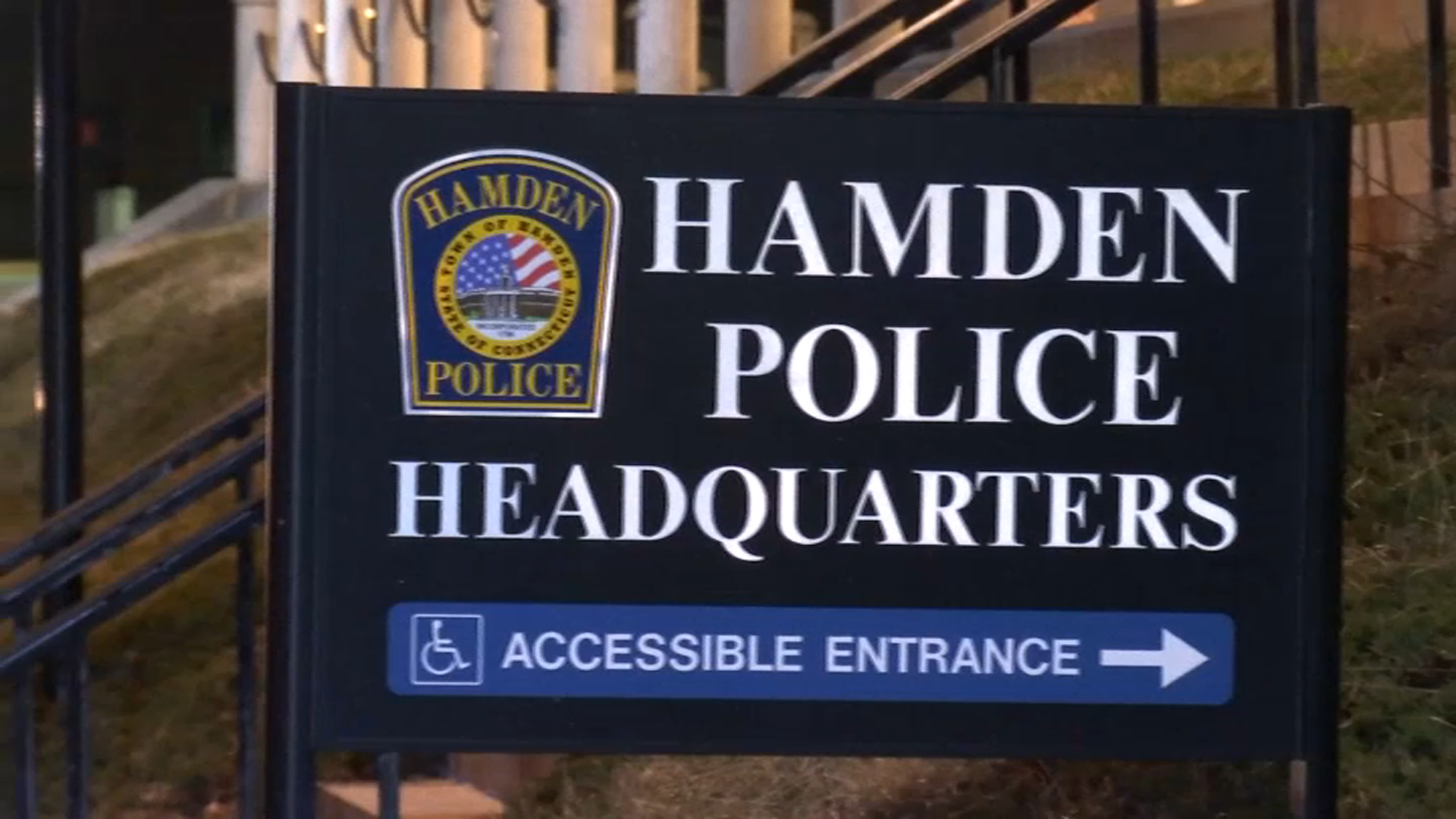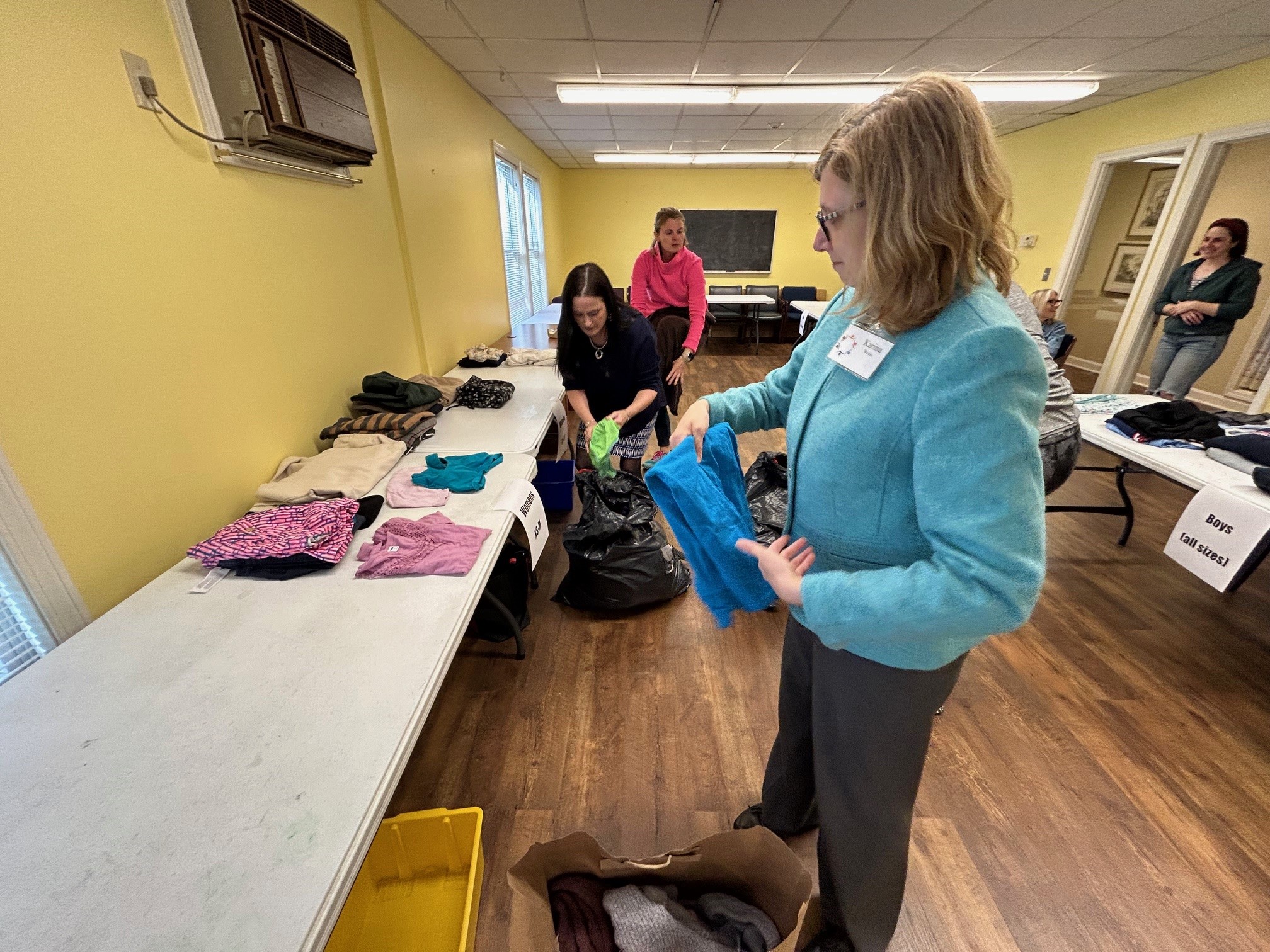
There will soon be a coronavirus vaccine on the market but researchers at the University of Connecticut are trying to figure out how to convince people to take it.
“In my lab, we’re starting to look at emotional appeals or inducing different emotions to maybe motivate behavior,” said Natalie Shook, an associate professor at the UConn School of Nursing.
One of those emotions is disgust.
“We have data to indicate that people who are more disgust-sensitive are more inclined to accept a COVID-19 vaccine,” Shook said.
Shook is an associate professor at the University of Connecticut Nursing School who is researching pro-vaccine messaging.
“We also see that people who are more disgust-sensitive are engaging in preventative health behavior so they’re social distancing, washing their hands more,” she said.
According to Shook, they are developing the messages now and will be trying them out on a national focus group of 500 people starting in January.
Local
“Having sort of those subtle images or language within the messages so we get a bit of an emotional response,” Shook said.
What about fear?
“I think fear is probably the most commonly utilized emotion. And that’s been really mixed, the results,” Shook added.
Researchers are experimenting with a mix of messages and some of those messages play on emotions others take aim at -- a person's motivation to keep their friends and neighbors safe.
Based on the data Shook’s lab has, they are seeing one-third of people are hesitant. Some studies have seen higher hesitancy rates.
“Vaccine hesitancy is of course nothing new. It's in fact existed since the 1970s,” said Karl Minges, an assistant professor of health administration at the University of New Haven.
But the hesitancy might be lower for the COVID vaccine.
“People are thinking this has really stalled our economy, this has stalled our lives, we have lost loved ones as a result of this disease. So the onus is a little bit stronger with COVID than it is like the flu vaccine as a comparison,” Minges said.
Dr. Reginald Eadie President of Trinity Health of New England and a member of the vaccine advisory group says about 60% of his 13,000 employees say they would take the vaccine when it's available.
"The hope is more will participate so we can get to some degree of normalcy,” Eadie said.



